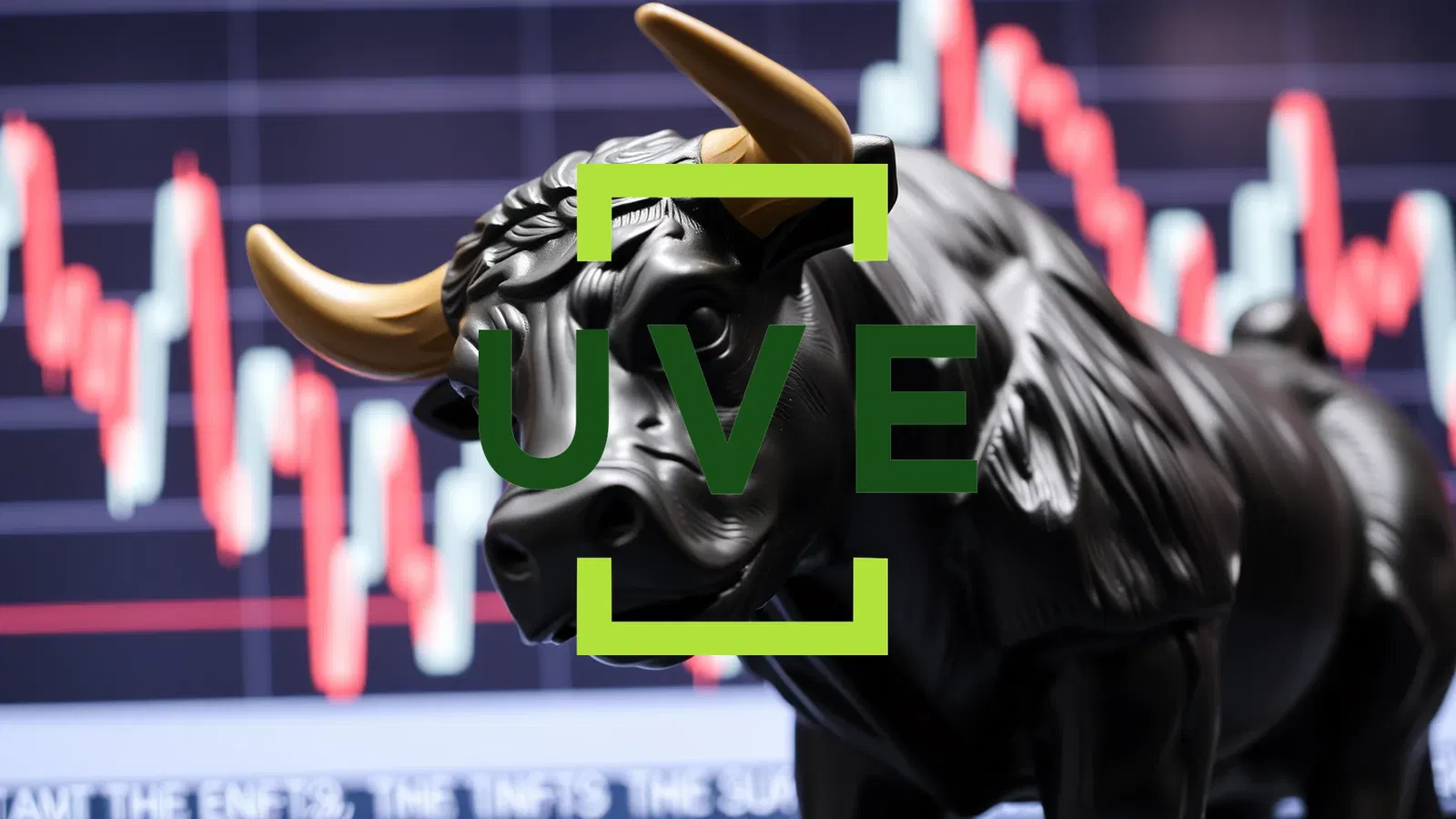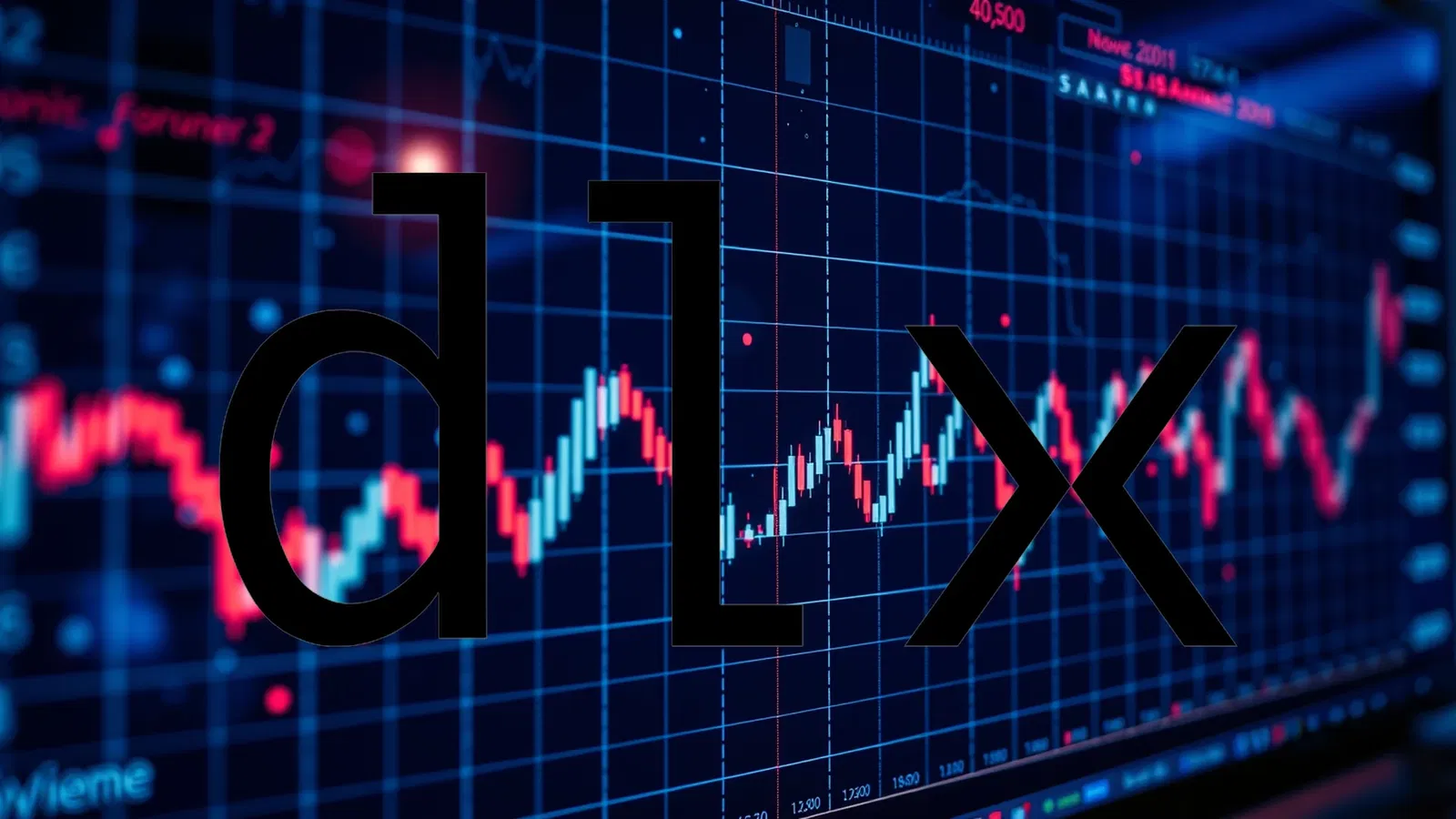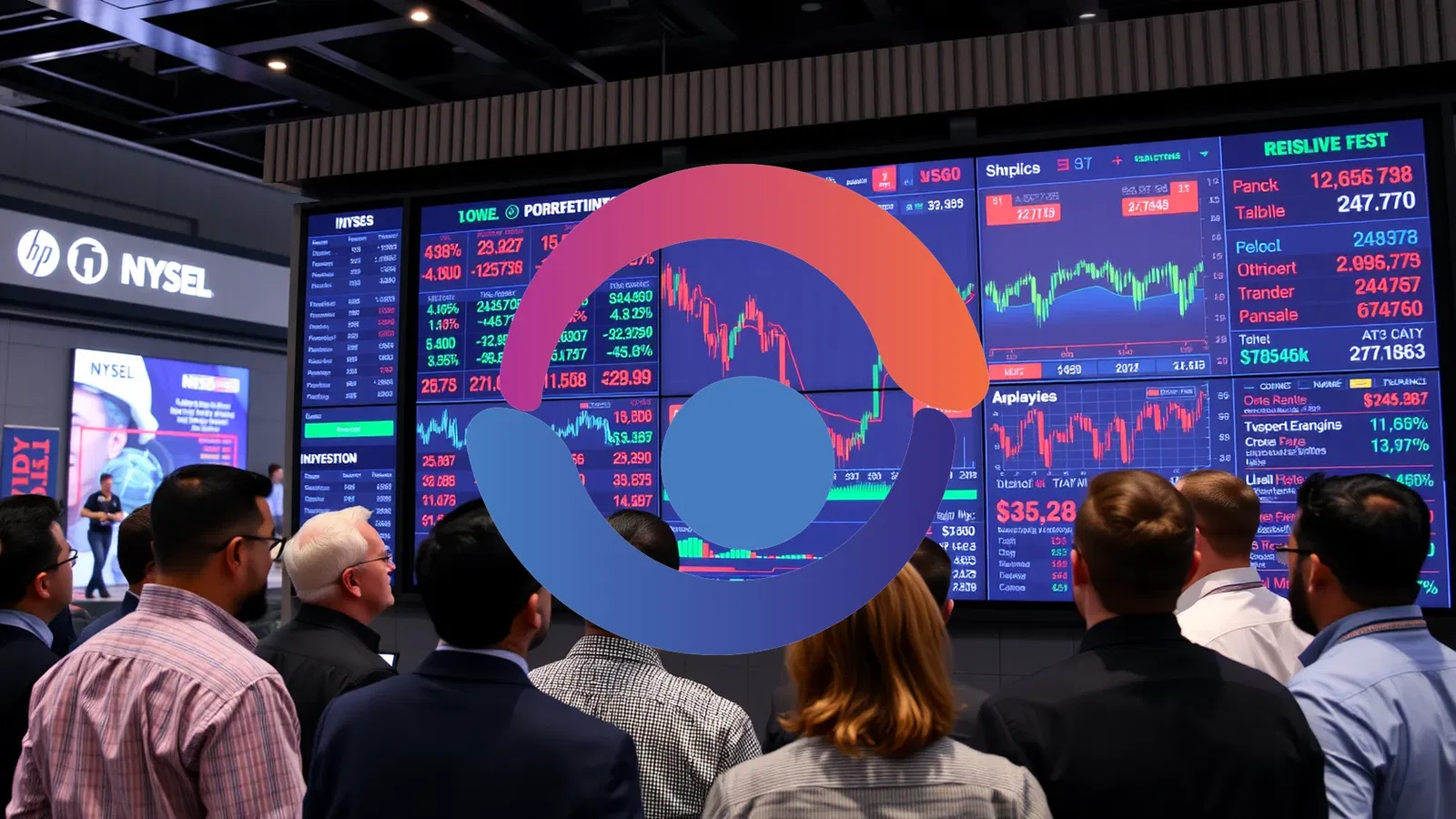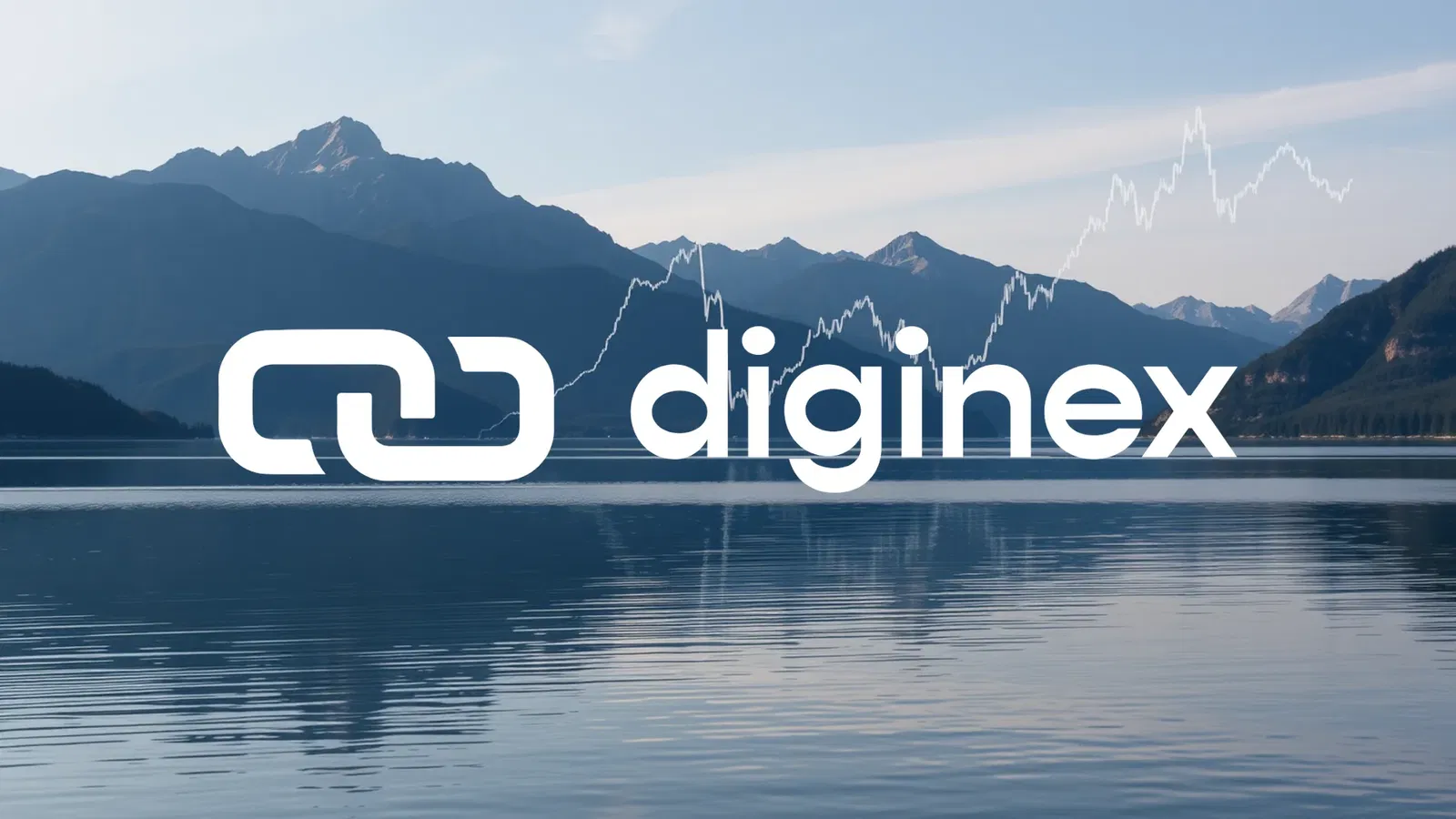While Fiserv shares continue their downward trajectory, a notable divergence is emerging between market performance and institutional sentiment. The financial services provider finds itself at a crossroads, with strong fundamentals conflicting with bearish stock behavior, creating a compelling investment dilemma.
Institutional Investors Defy Market Trends
Contrary to the prevailing negative momentum, major financial institutions are demonstrating remarkable confidence in Fiserv. Recent regulatory filings reveal substantial position increases by several hedge funds and asset management firms. The Ascent Group boosted its stake by more than ten percent, while 111 Capital established a completely new position. Overall, institutional investors control a commanding 91 percent of shares—a powerful endorsement of the company’s long-term business strategy.
Market Performance Tells a Different Story
The current market reality appears starkly different. Since the beginning of the year, Fiserv has surrendered nearly half its market value, trading just above its 52-week low. Particularly concerning for shareholders is the stock’s position—over 50 percent below its all-time high reached in February. This persistent decline presents a puzzling contrast to the company’s fundamentally sound operational metrics.
Should investors sell immediately? Or is it worth buying Fiserv?
Strategic Initiatives Struggle to Gain Traction
Management has been actively implementing growth strategies to reverse the negative trend. The acquisition of StoneCastle Cash Management aims to strengthen the deposit business, while the new “Content Next” cloud platform represents a significant digital transformation initiative. Despite these strategic moves, market response has remained tepid, with the gap between fundamental strength and stock performance continuing to widen.
Analyst Consensus Remains Bullish
Market researchers maintain surprisingly optimistic outlooks despite the prolonged downturn. Both UBS and TD Cowen recently reaffirmed their buy recommendations, setting price targets between $170 and $188—representing potential upside exceeding 60 percent from current levels. These analysts point to Fiserv’s diverse product portfolio and innovative expansion strategies as key drivers for future recovery.
The Fundamental Question
The Fiserv Small Business Index continues to demonstrate stability, though monthly growth rates have shown some moderation. This underlying strength raises the critical investment question: Are institutional investors and financial analysts correctly identifying a market mispricing, or are they overlooking fundamental risks? The current valuation appears to significantly discount the company’s actual business strength, creating a potentially compelling opportunity for contrarian investors.
Ad
Fiserv Stock: Buy or Sell?! New Fiserv Analysis from February 7 delivers the answer:
The latest Fiserv figures speak for themselves: Urgent action needed for Fiserv investors. Is it worth buying or should you sell? Find out what to do now in the current free analysis from February 7.
Fiserv: Buy or sell? Read more here...










